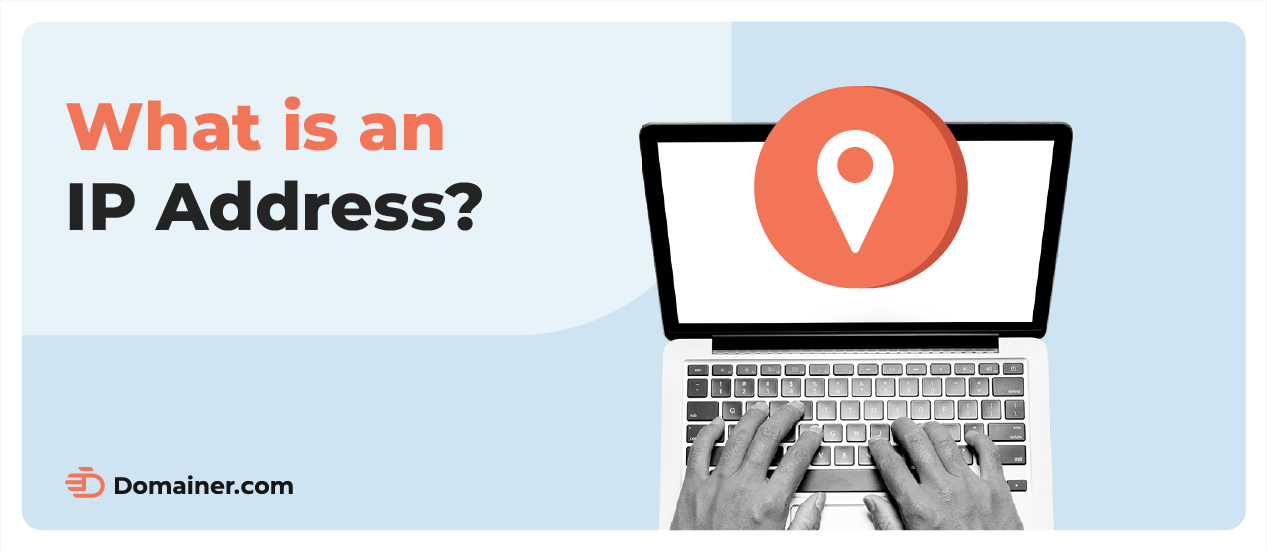2 MIN. READ
IP Addresses – What They Are and Why Are They Important
You have probably heard terms like “IP address” and “networks” before, but that doesn’t mean you really understand how they work. After all, you aren’t expected to understand the intricate working of computers to use them. However, there is a lot of use in learning exactly what IP addresses are.

This guide will help you understand what an IP address is and why it’s important.
What Is an IP Address?
An IP address is a unique address that identifies a device on a network. IP stands for Internet Protocol, which is a set of rules guiding the format of data sent via the Internet.
The internet requires a way to differentiate between different computers, routers, and websites on a network in order to function correctly. An IP address provides a way of accomplishing this. In its essence, an IP is an identifier that allows information to be sent between devices on the internet.
An IP address is a string of numbers separated by dots, for instance 192.158.1.38. IP addresses are not at all random; the Internet Assigned Numbers Authority mathematically allocates them.
States of IP addresses
There are two states of IP addresses – static and dynamic. A static IP address doesn’t change; once assigned, the IP address remains the same.
The vast majority of IP addresses are dynamic; i.e they change. Dynamic IP addresses are neither fixed nor owned.
There Are Two Types of IP Address Systems – Ipv4 and Ipv6
Internet Protocol version 4 is the most common protocol for transferring data on the web.
With Internet Protocol version 4 (Ipv4), a standard IP address is 32 bits. However, because there are 232 unique hosts, the IPv4 IP addresses are limited to 4.3 billion.
As there is a massive increase in the devices connected to the Internet, the Internet Engineering Tracking Taskforce was prompted to create a new Internet Protocol version 6 (ipv6 for short).
With IPv6, the IP address look like this: 2001:0db8:85a3:0000:0000:8a2e:0370:7334
So, as you can see, the main difference between IPv4 and IPv6 is the size of IP addresses.
The bottom line
As you can see, IP addresses are like passports assigned to every device that connects to the Internet. If you have any questions related to IP addresses, domain names, or premium domain names, you can contact the expert here.